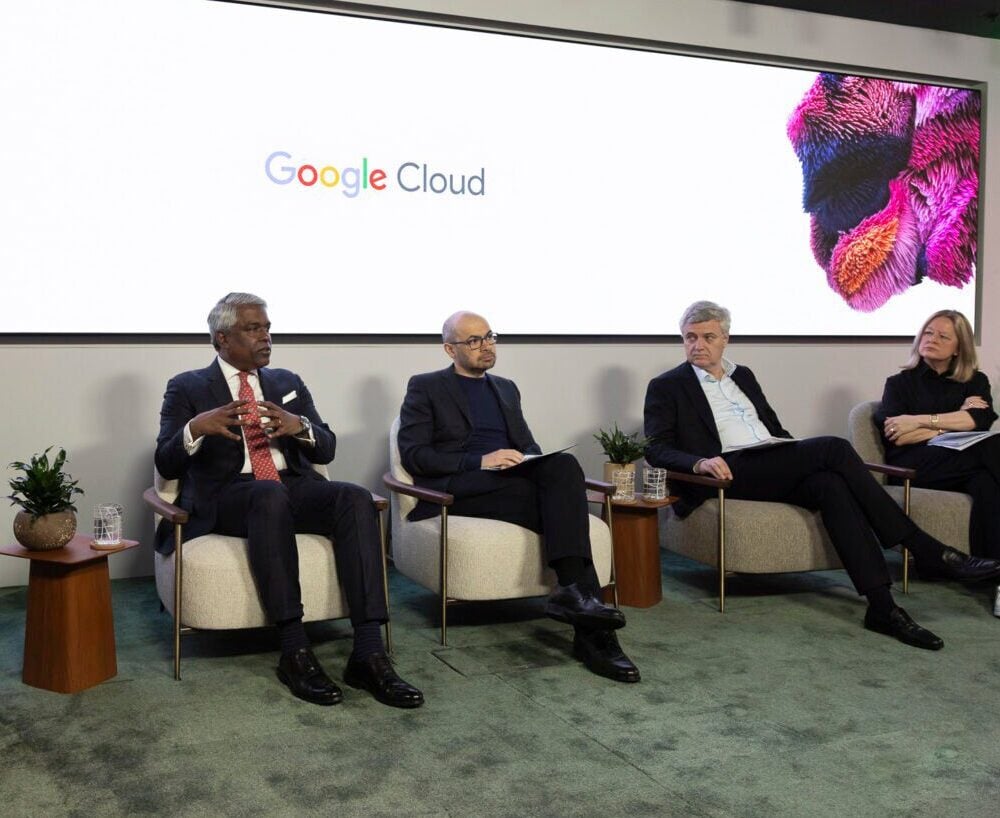DeepMind’s Demis Hassabis Claims ‘High Energy Consumption of AI’ is a Misunderstanding

AI’s Energy Consumption: A Closer Look
Artificial intelligence (AI) has become a vital part of our technological landscape, but there are rising concerns about its energy consumption and carbon footprint. However, Sir Demis Hassabis, co-founder of Google DeepMind, has indicated that the narrative around AI being a high-energy consumer is less accurate than many believe.
Understanding AI’s Energy Usage
Hassabis asserts that while training AI models can require significant computational resources, the actual energy costs associated with deploying these models are relatively low. He emphasizes that a model typically needs extensive computational power only during its initial training phase. Once trained, the models can operate efficiently and cost-effectively, which drastically reduces their overall energy footprint.
The Bigger Picture: Energy Efficiency
Hassabis suggests that AI technology may lead to increased global energy efficiencies in the long run. He believes that AI applications in areas such as climate modeling and material design will yield substantial benefits, suggesting that the energy consumed during training is minor compared to the potential savings generated by AI-driven solutions in various industries.
Furthermore, he emphasizes that AI can play a pivotal role in combating climate change by facilitating better modeling and simulation techniques that could lead to effective solutions. This assertion highlights the dual capabilities of AI: while it may consume a noteworthy amount of energy during training, its long-term impact could lead to more energy-efficient practices across various sectors.
AI’s Role in Energy Consumption Today
Despite the optimistic view put forward by Hassabis, critics remain concerned about the current energy demands of AI technologies. According to the International Energy Agency (IEA), data centers, crucial for AI operations, account for roughly 1.5% of global energy consumption. Training a single AI model can utilize more power than what 100 households consume in a year. Additionally, the cooling systems required for these data centers use significant amounts of water, raising further environmental concerns.
Optimizing Model Efficiency
Thomas Kurian, CEO of Google Cloud, echoed Hassabis’s views, indicating that to ensure models can be used widely, they need to be economically viable. He mentioned that recent advancements in model optimization have resulted in remarkable improvements in inference capabilities over just the past two years. As companies focus on reducing operational costs, we can expect further refinements in how AI is powered and deployed.
Recent Developments in AI From Google
The discussion on energy use and efficiency is ongoing, especially as the need for AI solutions grows. At a recent event at DeepMind’s London headquarters, Google announced several exciting product innovations aimed at enhancing its AI offerings and emphasizing its commitment to the UK market. Some key announcements include:
- Chirp 3: This audio generation model joins existing technologies like Gemini and Veo and offers high-definition voices across 31 languages, featuring 248 distinct voices.
- Google Agentspace: A new initiative expanding data residency offerings, which brings together advanced reasoning with enterprise data, aimed at bolstering employee expertise.
- AI Skilling Initiatives: Google plans to expand training and certification programs to support developers, students, and institutions.
Sir Demis Hassabis proudly pointed out the strong talent pool and academic institutions in London that contributed to founding Google DeepMind. He stressed the importance of their models in driving significant advancements in the tech sector, not only in the UK but around the world, by enabling developers and businesses to harness the power of AI more effectively.
The Future of AI and Energy
As the landscape of AI continues to evolve, balancing energy consumption with efficiency will remain a crucial conversation. Innovative solutions and models could potentially unlock significant benefits, making AI a powerful ally in solving some of society’s most pressing challenges, including environmental issues.






